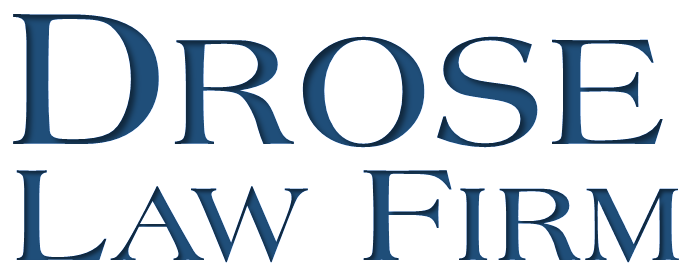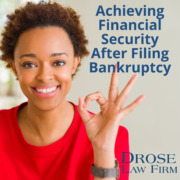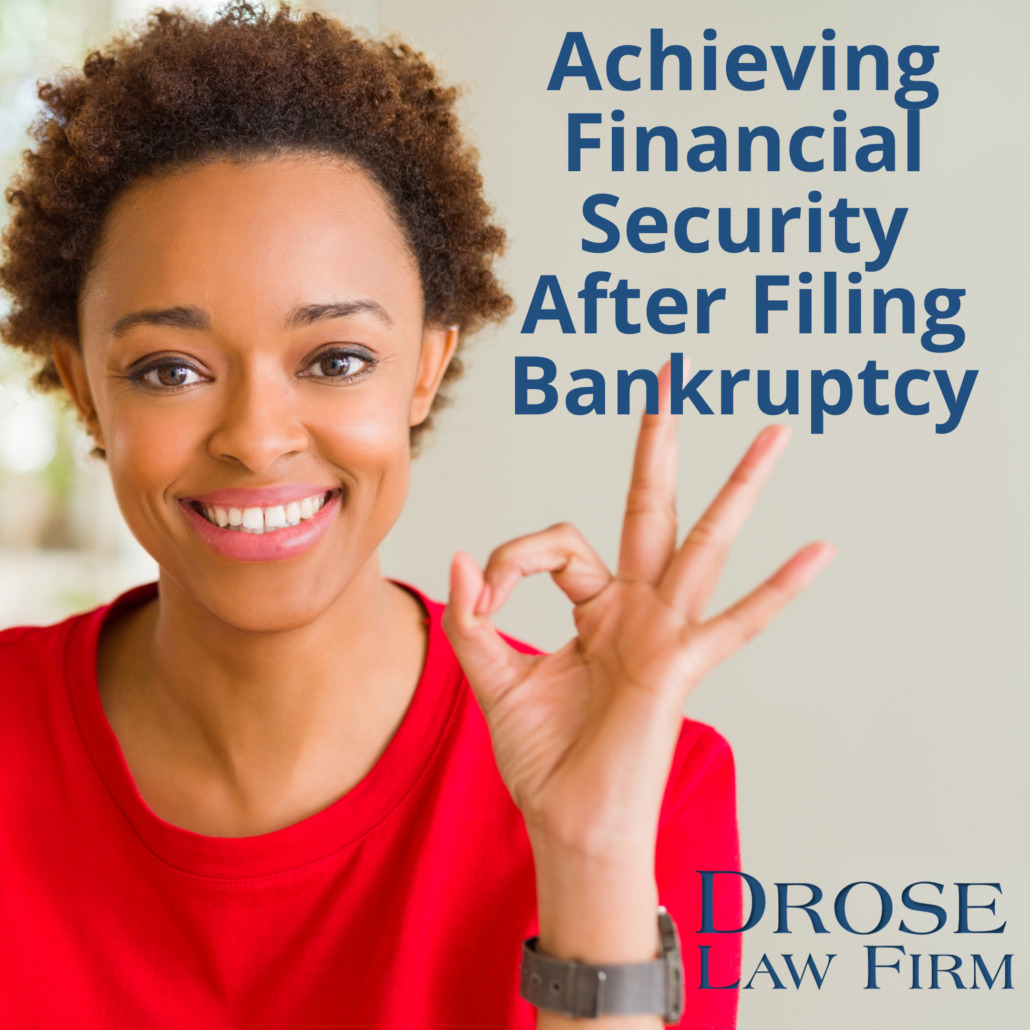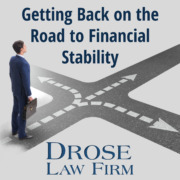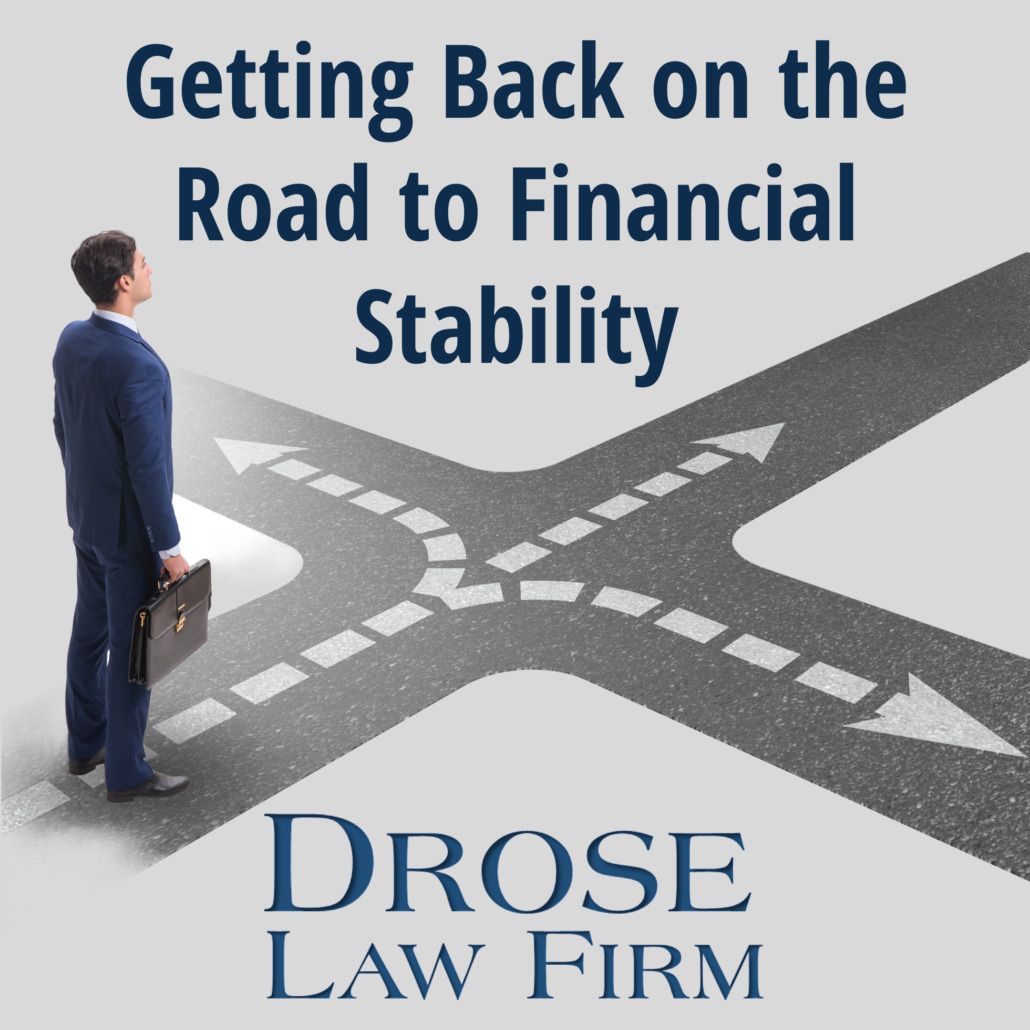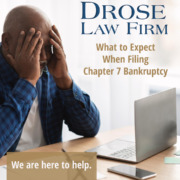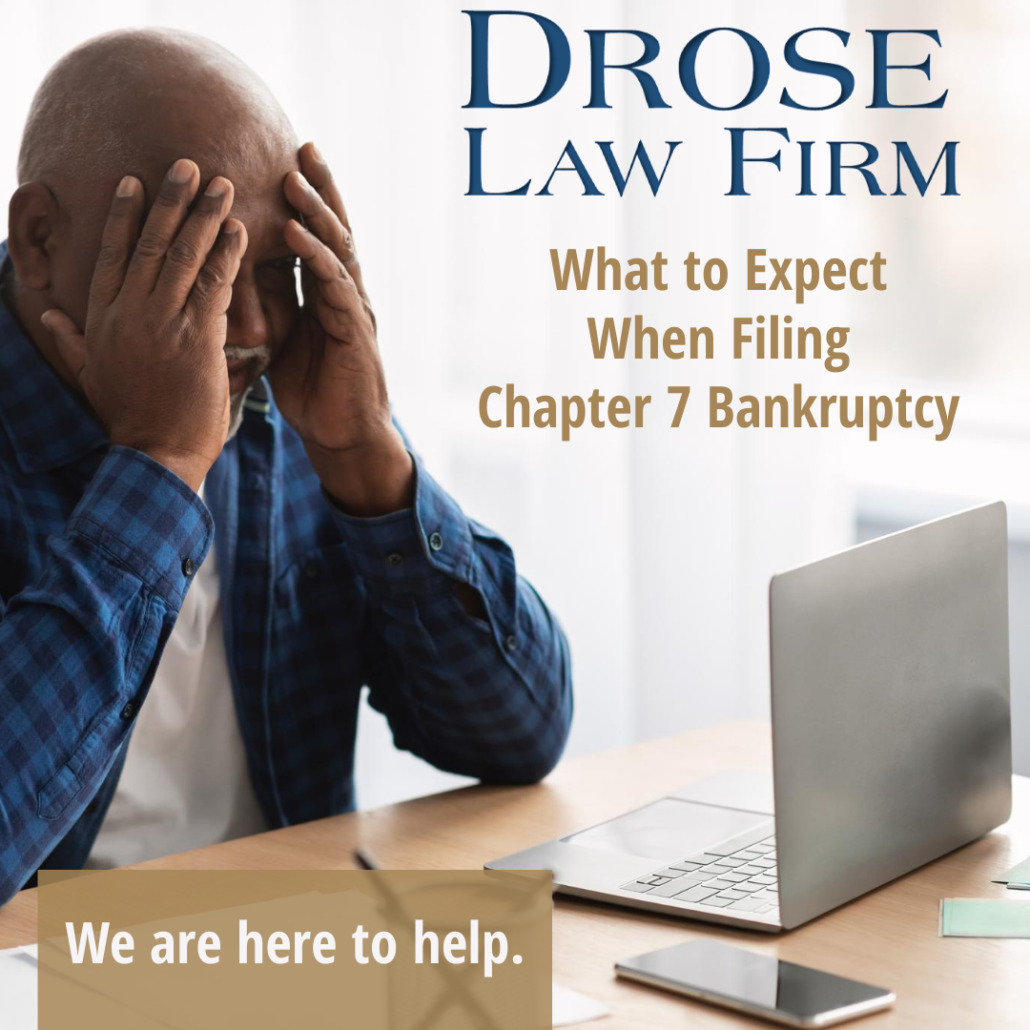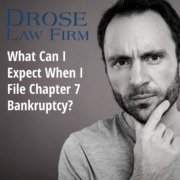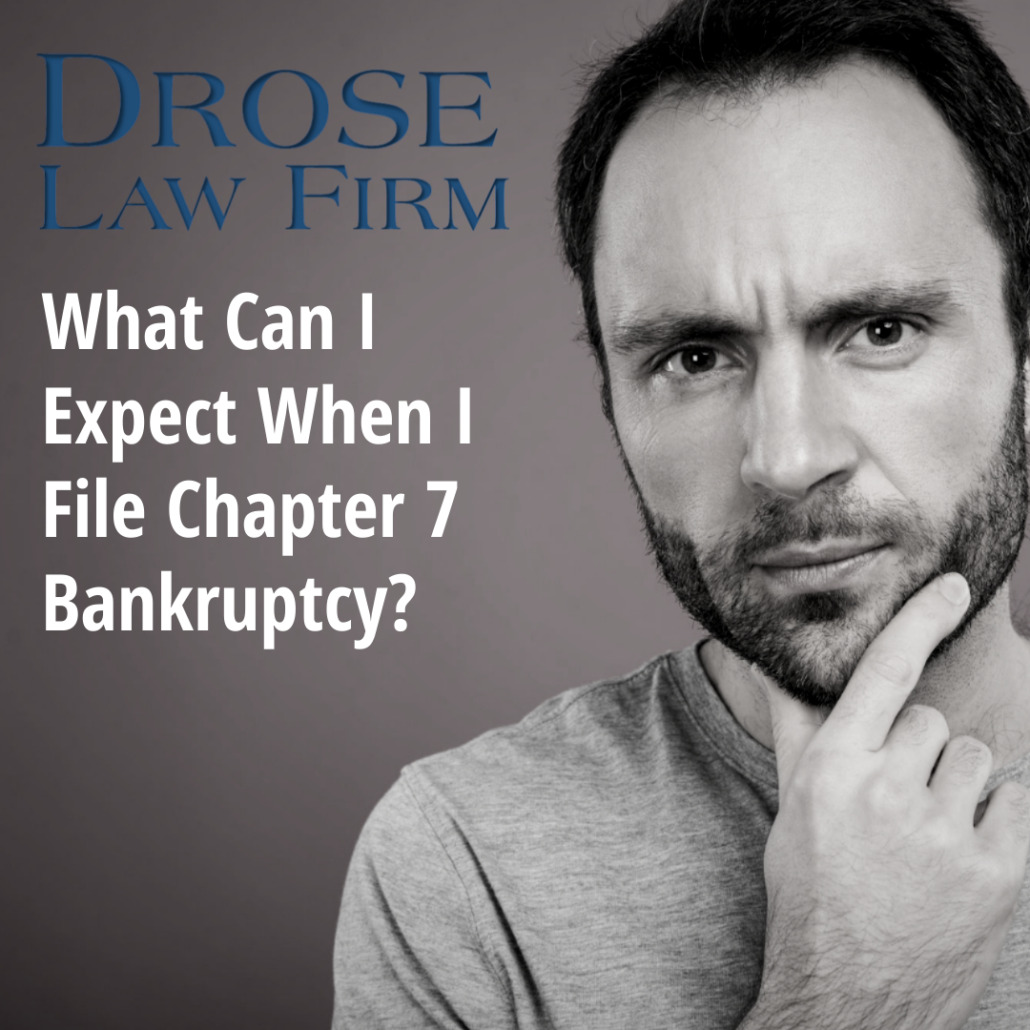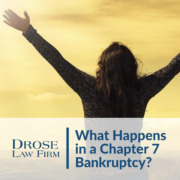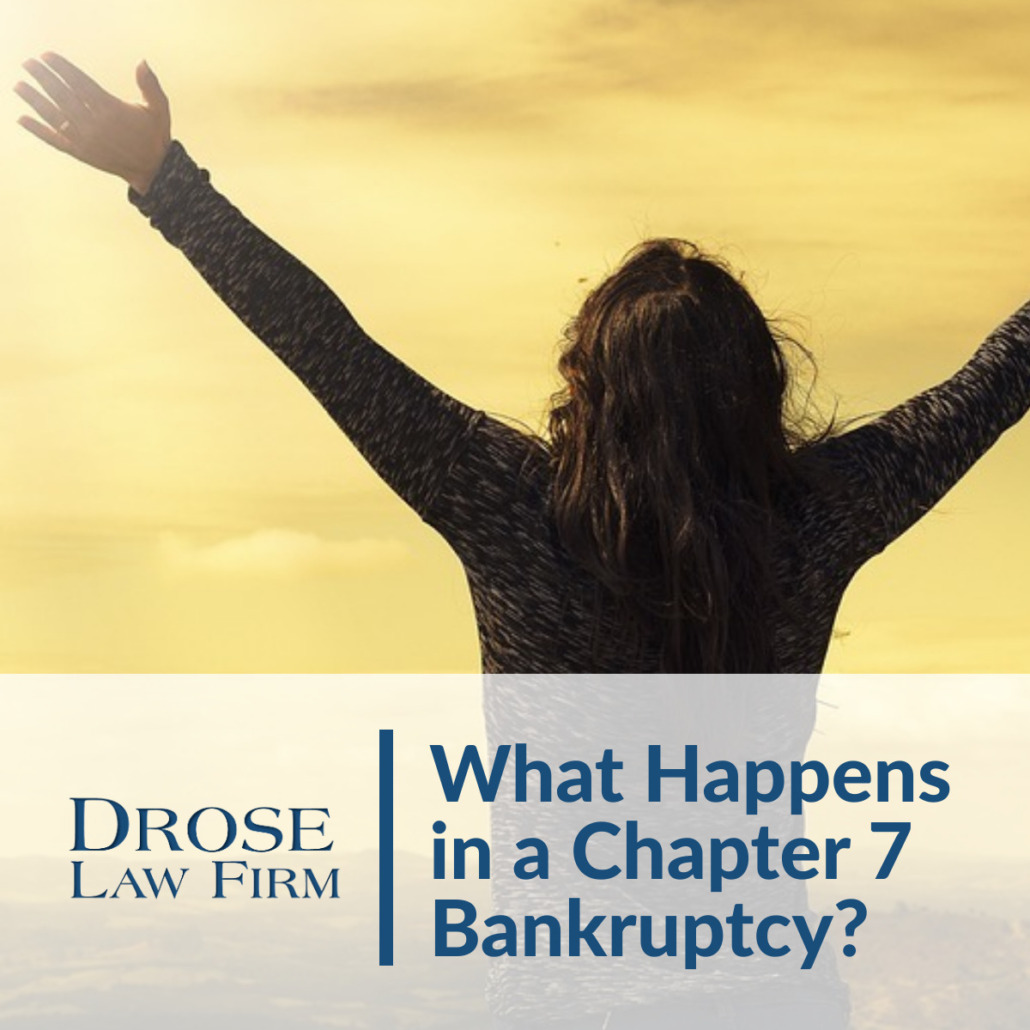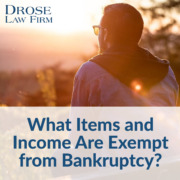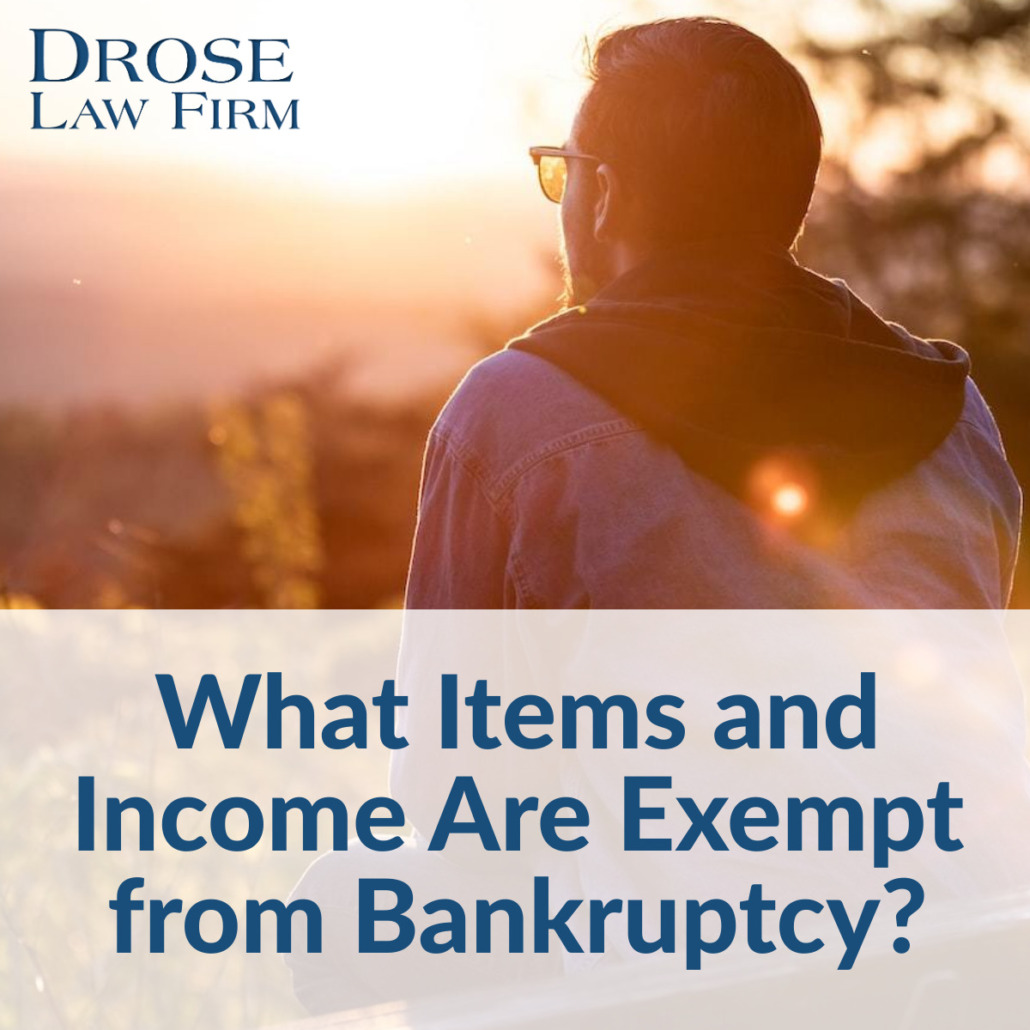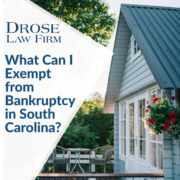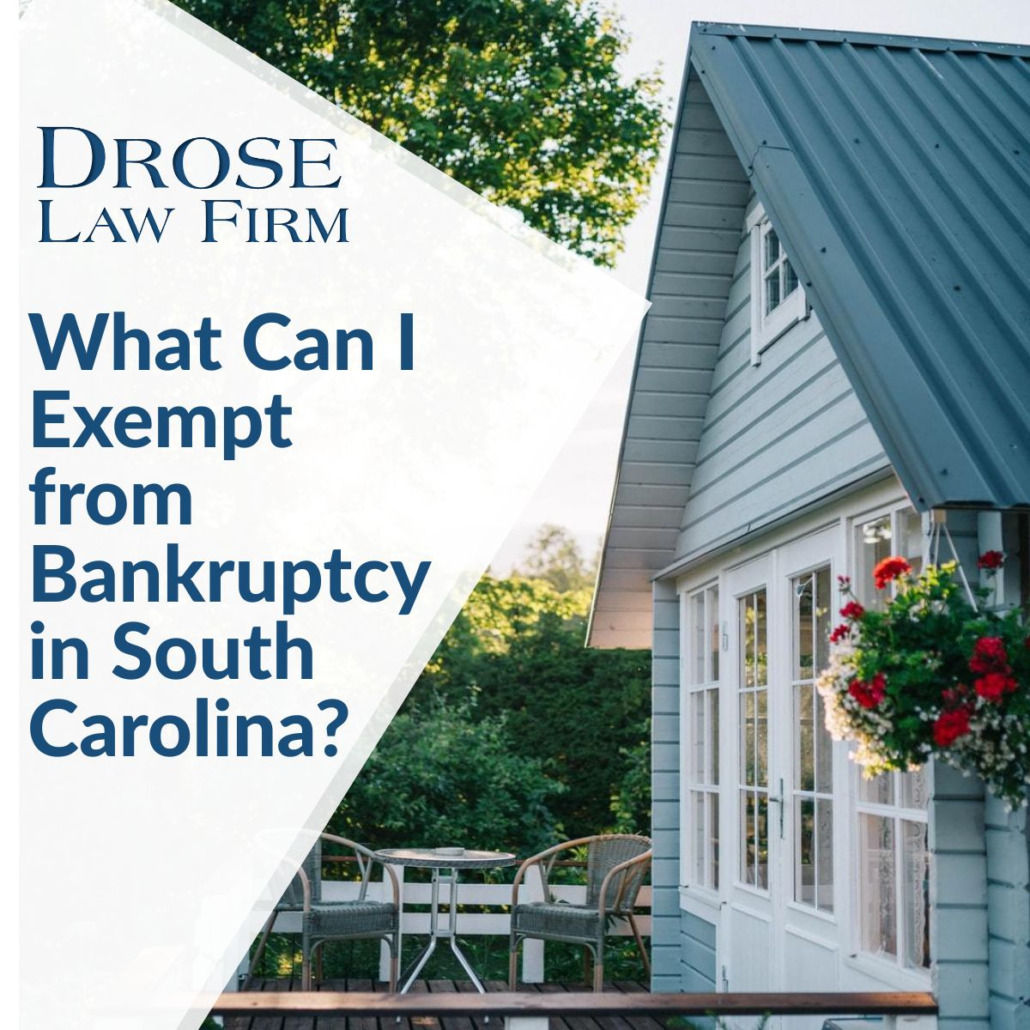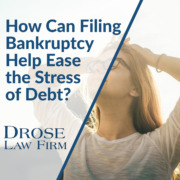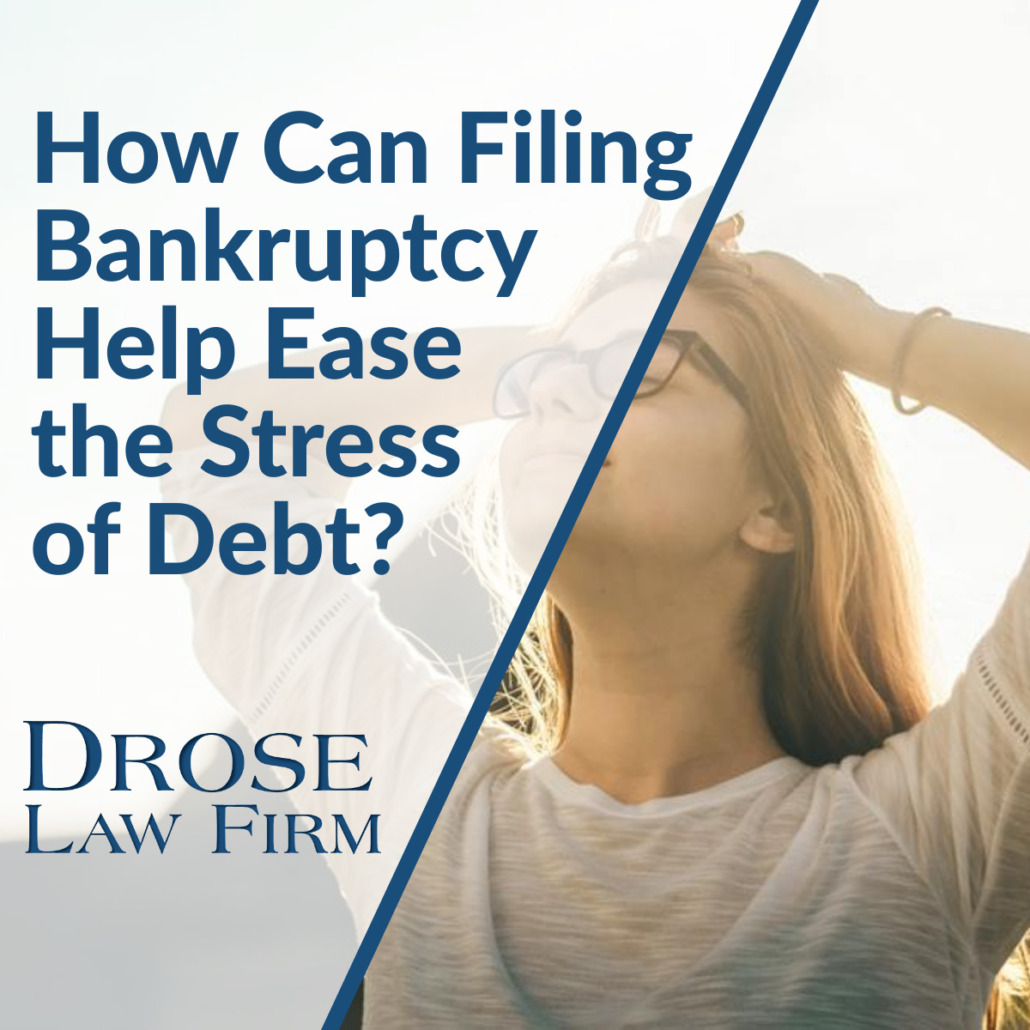Tips to Ensure Your Financial Stability
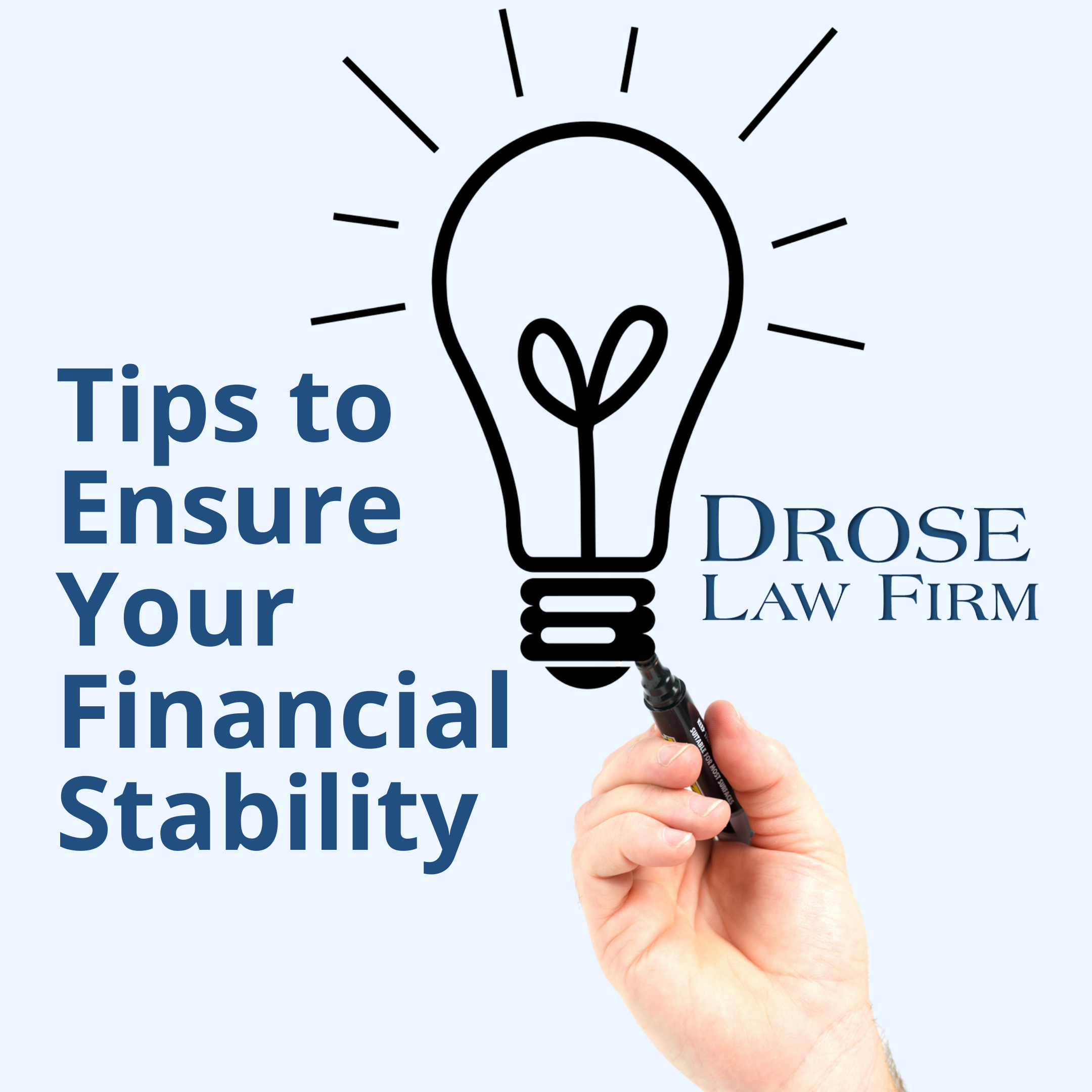
After you’ve filed bankruptcy, your finances will be more stable and your bankruptcy lawyer may choose to offer you some friendly strategies and tips to help you remain on the path of financial stability. We are concluding our series of articles discussing strategies to consider to help ensure your financial stability.
Invest in Your Future
It’s important to invest in your future and to consider long-term investments such as retirement. Depending on your age and income, there are a variety of investment options available to you.
If you’re just starting out, consider opening a 401(k) or Individual Retirement Account (IRA). These accounts allow you to save for retirement while taking advantage of tax breaks and compounding interest. It’s also important to diversify your investments to minimize risk and maximize potential returns.
Do your research and talk to a financial advisor to determine the investment options that are right for you. It’s important to set yourself up for financial stability and security later in life.
Adopting responsible spending habits can be challenging, but the benefits are well worth it. As we discussed in depth in our series on financial stability, by tracking your spending, planning ahead, avoiding impulse buying, using cash, shopping smart, starting an emergency fund, and investing in your future, you can keep your wallet happy and your finances on track.
Drose Law Firm has spent the last 30+ years handling debt resolution cases, including bankruptcy. Charleston residents and those in surrounding areas consult with us when they determine that bankruptcy is an option to consider. Our bankruptcy attorney is well-versed on the law governing Chapter 13 and Chapter 7 bankruptcy in South Carolina. Not all attorneys are bankruptcy attorneys, so consider this when researching your options. If you need debt resolution, our bankruptcy lawyer can help. Give us a call to schedule a consultation today.
